Mali, along with the broader Sahel region, has endured decades of conflict characterized by insurgencies and political instability. Since its independence, the country has grappled with the Tuareg rebellion, a long-standing conflict rooted in economic marginalization, cultural divisions, and political grievances. For over sixty years, this rebellion has created a rift between Mali’s central government and its northern populations. Political instability – marked by repeated coups and prolonged military rule – has only worsened conditions, exacerbating issues such as poverty, food insecurity, insufficient infrastructure, poor access to education, and unreliable energy supplies.
Over time, the conflict has become even more complex with the rise of transnational terrorist organizations. Groups like Jama’at Nasr al-Islam wal-Muslimin (JNIM), affiliates of Al Qaeda, and the Islamic State Sahel Province (ISSP) have expanded their influence, embedding themselves within local communities and spreading extremist ideologies. However, viewing Mali’s crisis solely through the lens of terrorism oversimplifies the root causes of the violence and the challenges facing counterterrorism efforts.
Many analysts argue that the Malian government’s approach to the crisis is fundamentally flawed. By framing the situation as a counterterrorism effort, the government has relied heavily on conventional military strategies aimed at eliminating high-profile targets, such as leaders of groups like AQIM, Ansar Dine, and al-Mourabitoun – now operating collectively under JNIM. While these tactics are part of the solution, they fail to address the deeper, more systemic issues driving the conflict.
Experts suggest that the Malian government’s strategy should shift from a narrow counterterrorism framework to a broader counterinsurgency approach. Unlike counterterrorism, which focuses on surveillance and high-value military targets, counterinsurgency emphasizes addressing the social, economic, and political grievances that fuel extremist recruitment. This broader approach is particularly important in Mali, where jihadist groups like JNIM do more than just wage war – they seek to establish territorial control by integrating into local governance systems and offering social services, such as literacy programs.
Unfortunately, Mali’s counterterrorism efforts are hindered by a lack of clear policy direction. The government has yet to define concrete goals or mandates for its security initiatives, and its capacity to implement new counterterrorism laws or international agreements is limited. These shortcomings are especially problematic given the distinct operational approach of jihadist groups in the Sahel, which combine community-focused initiatives with traditional terrorist tactics, such as attacks on civilians and Western targets.
The Malian government’s reliance on military operations has proven inadequate for addressing the complexities of this conflict. Groups like JNIM have repeatedly demonstrated their resilience, rebuilding their forces and capabilities despite suffering significant losses. Their ability to form alliances with local tribes and communities has been key to their survival. Meanwhile, Mali’s vast, challenging terrain and limited military resources make it nearly impossible to sustain effective large-scale operations.
A more comprehensive counterinsurgency strategy is needed – one that addresses not only the immediate threat of extremist violence but also its underlying causes. This could include initiatives to strengthen military justice systems, invest in infrastructure and education, and rebuild civilian governance. On the military front, smaller, more agile units capable of countering guerrilla tactics would be more effective than conventional military campaigns. Enhanced intelligence gathering and stronger collaboration with local tribes are also essential, though these efforts are complicated by strained relations with northern Tuareg communities.
Civilian casualties caused by government forces present another challenge. Many JNIM cells are deeply embedded within local communities, making it difficult to distinguish between militants and civilians. This has led to widespread atrocities against non-combatants, further alienating local populations and driving sympathy toward extremist groups.
Mali’s security challenges are part of a larger regional crisis. Following the Arab Spring and the fall of Muammar Qaddafi, Tuareg fighters – many of them affiliated with the MNLA – returned to Mali, bringing with them a surge of weapons from across the Sahel. This influx of arms and trained fighters destabilized northern Mali, where a power vacuum had existed for decades. Despite multiple ceasefires and the presence of the UN’s MINUSMA peacekeeping mission, the region remains volatile. Weak state authority has allowed jihadist groups to thrive in the resulting chaos.
The frequent turnover of regimes in Mali and its neighboring states has further complicated efforts to stabilize the region. Early successes in international military operations, such as France’s Serval and Barkhane missions, were undermined when relations between Mali’s junta and France deteriorated, leading to the withdrawal of French forces. Similarly, Mali’s military government has pushed for the withdrawal of the UN’s MINUSMA mission, leaving a vacuum in international support.
In response, Mali has turned to Russia as a strategic partner. The Wagner Group, a Russian private military contractor, played a significant role in helping Mali retake towns held by Tuareg rebels in 2023. These efforts secured access to valuable resources, including gold, lithium, and uranium deposits. Mali has since formalized agreements with Russia, allowing its forces to protect these mining operations in the north.
However, the departure of Wagner forces in June 2025 has altered this dynamic. Russian operations in Mali are now overseen by the Africa Corps, a unit under the Russian Ministry of Defence. Unlike Wagner, which operated with significant autonomy, the Africa Corps focuses more on training and supervision, requiring closer coordination with the Malian government. This shift suggests that Russia’s goals in Mali are moving beyond resource extraction to broader geopolitical ambitions in the Sahel.
The erosion of regional alliances has further hindered Mali’s counterinsurgency efforts. Political instability and the rise of military dictatorships across the Sahel have weakened intergovernmental organizations like the African Union (AU), ECOWAS, and the G5 Sahel. After Mali’s 2020 and 2021 coups, the junta has shown little commitment to implementing the directives of these organizations.
The dissolution of the G5 Sahel, originally created to combat terrorism and organized crime, marked a significant setback for regional cooperation. In its place, new alliances like the Alliance of Sahel States have emerged, aligning more closely with Russia and opposing ECOWAS. This fragmentation has weakened the collective response to transnational jihadist groups, which are able to regroup and operate across borders with ease.
The persistent instability in Mali and the Sahel underscores the need for a more integrated and comprehensive approach to counterinsurgency. Political instability, weak governance, and fragmented regional cooperation have all contributed to the prolonged nature of the conflict. To effectively address these challenges, the Malian government must move beyond its reliance on conventional military tactics.
A successful strategy will require enhanced intelligence gathering, stronger regional partnerships, and long-term investments in governance, infrastructure, and education. By addressing the root causes of conflict and building trust with local populations, Mali can begin to reduce the influence of extremist groups and chart a path toward lasting stability.
Please follow Blitz on Google News Channel
An internationally acclaimed multi-award-winning anti-militancy journalist, writer, research-scholar, counterterrorism specialist and editor of Blitz. He regularly writes for local and international newspapers on diversified topics, including international relations, politics, diplomacy, security and counterterrorism. Follow him on ‘X’ @Salah_Shoaib
malis-security-challenges-are-part-of-a-larger-regional-crisis

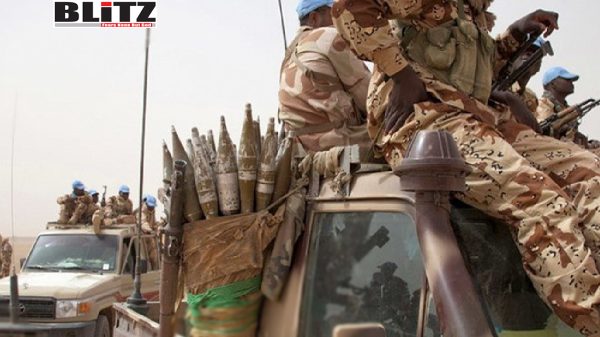


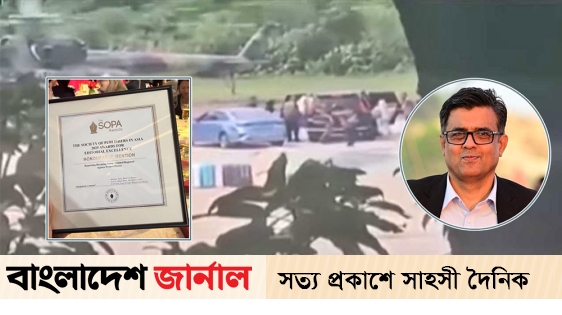
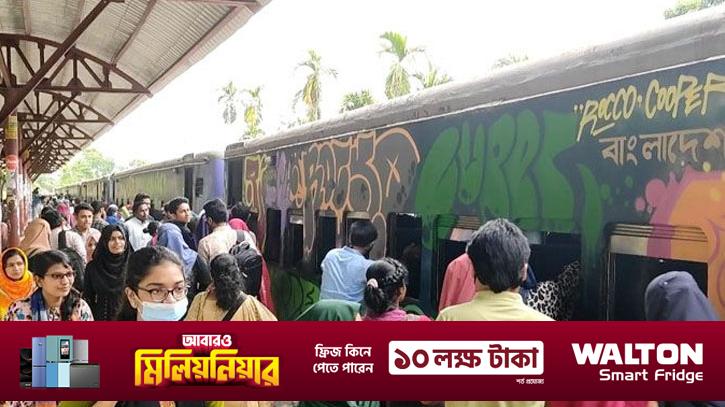
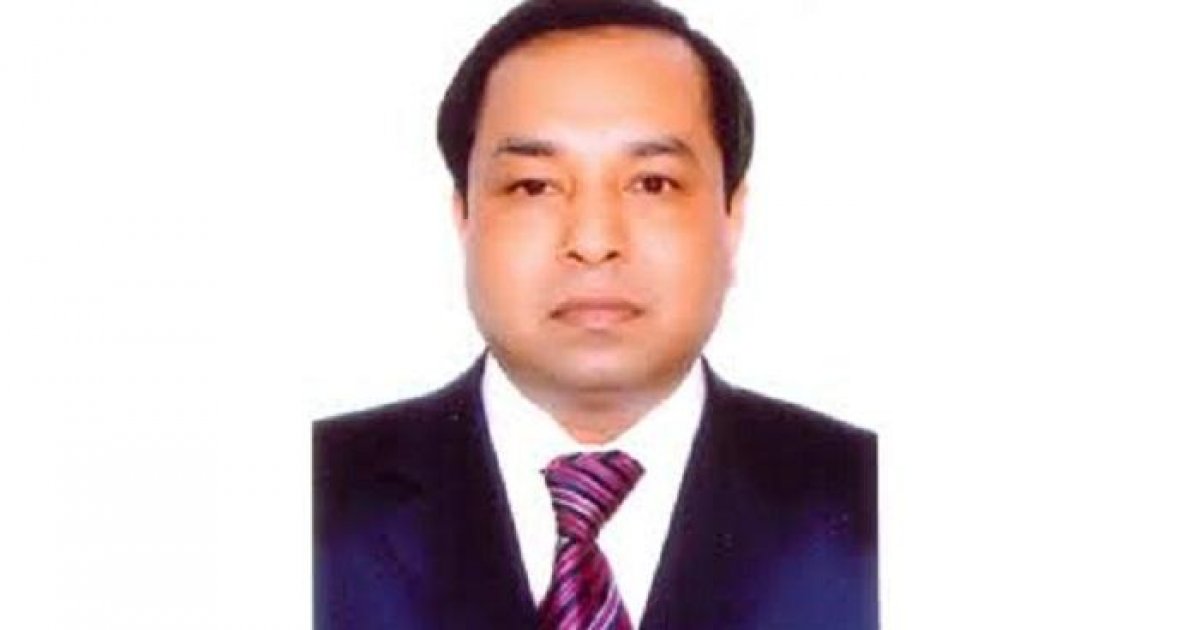


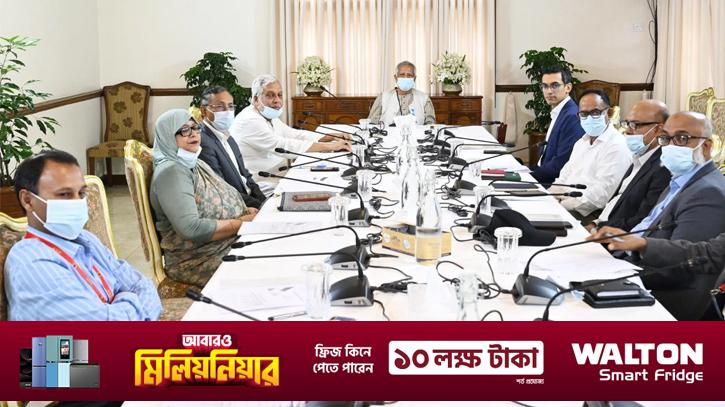
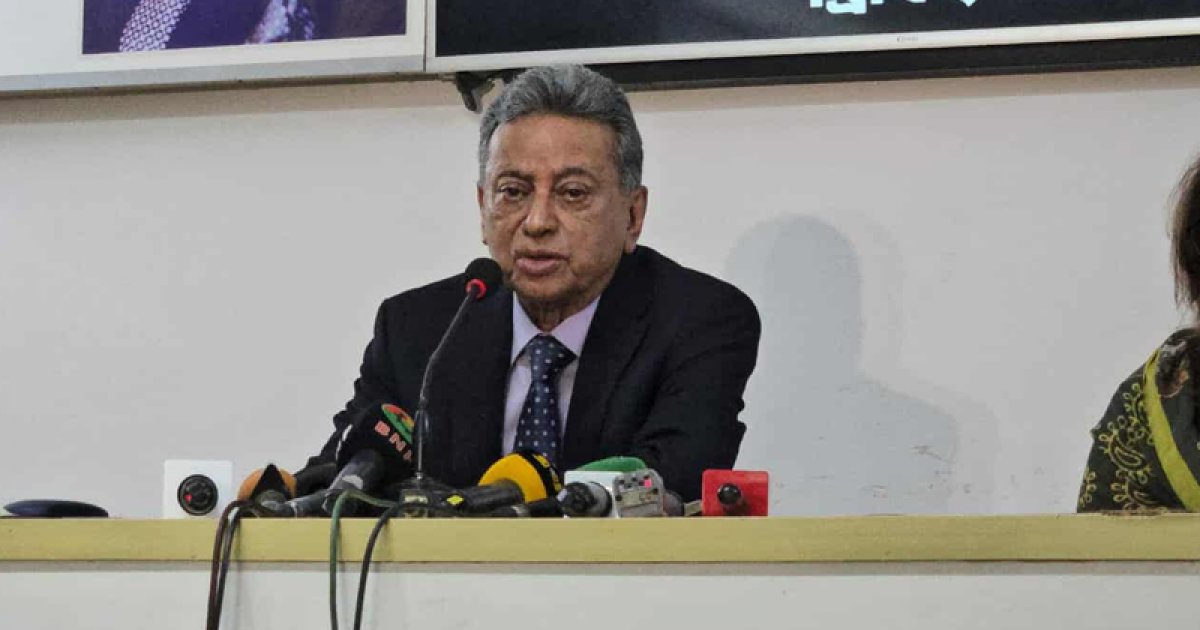
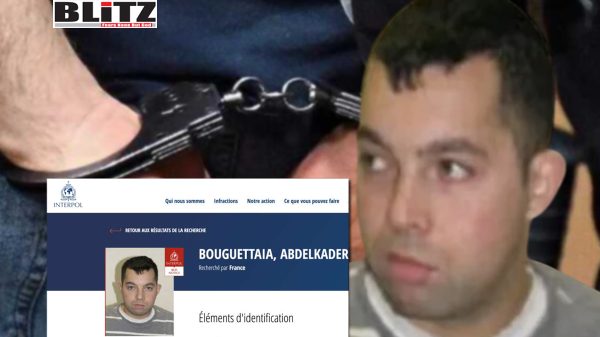



Leave a Reply